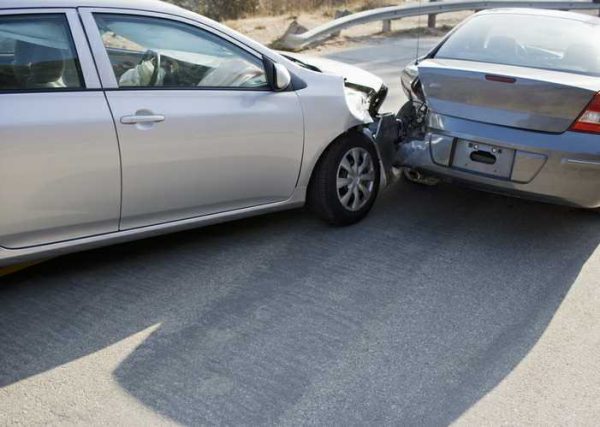Rear-end crashes can cause more than just whiplash

Whiplash is the most common injury sustained in rear-end collisions. It occurs when the head and neck whip forward and backward in a rapid motion, causing damage to the soft tissue in the neck. Whiplash generally produces symptoms such as headaches, neck pain and stiffness, shoulder and back pain, tingling in the limbs, and fatigue.
There are other injuries that can be sustained in rear-end collisions. They vary from mild to severe, depending on the impact of the crash and the size and type of vehicles involved.
Other types of injuries that can be caused by rear-end collisions
Other injuries that can be caused by rear-end collisions include:
- Broken bones. At high-impact, a rear-end collision can result in damage to the collarbone. It can also cause injuries to the bones in the wrists, arms, legs and ribs.
- Herniated disk. A disc herniation occurs when the gel-like discs of the spine rupture. This places pressure on the nerves of the spinal cord. This can result in nerve compression, tingling and pain in the arms and legs, numbness, and sciatica (nerve pain that shoots down the leg).
- Head injuries. A traumatic brain injury can be sustained in a high-impact rear-end collision when a car occupant's head slams into a seat headrest after quickly moving forward and backward. Concussions are common head injuries sustained in rear-end collisions.
- Shoulder injuries. A torn rotator cuff can be caused by a high-impact rear-end collision. A rotator cuff tear occurs when one or more of the tendons that hold the shoulder in place become damaged or completely torn. Symptoms may include severe pain, limited mobility and difficulty raising your arm.
Should I seek medical attention if I was involved in a rear-end collision?
You should always seek prompt medical attention after being involved in a rear-end collision. You should do this even if you don't feel any immediate pain. Some mild injuries, like whiplash, may not produce any immediate symptoms. You may start to experience pain and discomfort days later. When you seek prompt medical attention, your doctor can identify your injury and begin providing early treatment before it worsens.
If you sustain a more severe injury, you may not feel any immediate pain. This may be due to the shock of being involved in a crash. When adrenaline is released in the body, it often masks pain. Hours or days later, you may realize that something isn't right.
How will I be able to afford medical treatment?
If you were injured in a rear-end collision caused by someone else's lack of attention or recklessness, you can pursue legal damages through a car accident claim. To find out how, it's best to speak to an experienced New Hampshire attorney Burns, Bryant, Cox, Rockefeller & Durkin, P.A.
Since 1870, our firm has been helping crash victims and their families in the Dover area get the justice they deserve. To learn more about the legal options available to you, contact us.

